Australians reflect on Gerrans' silver medal at Worlds
McEwen, Trevorrow say Kwiatkowski was unbeatable
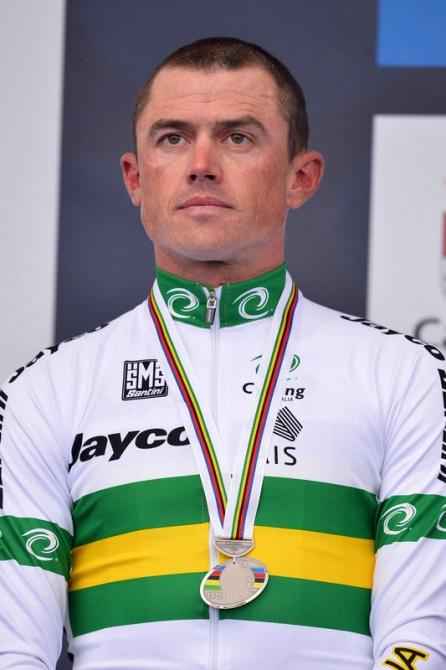
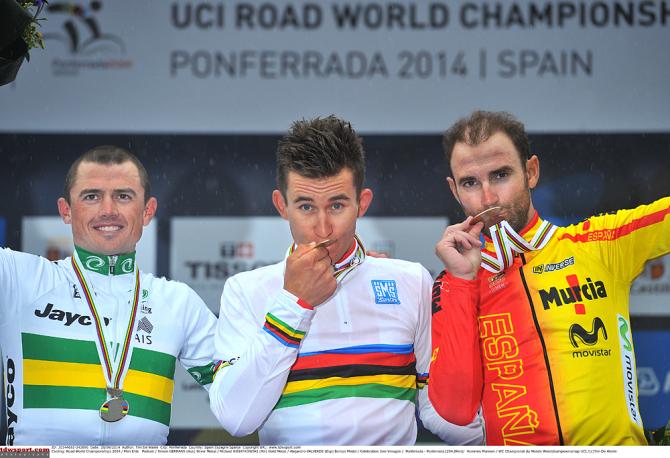
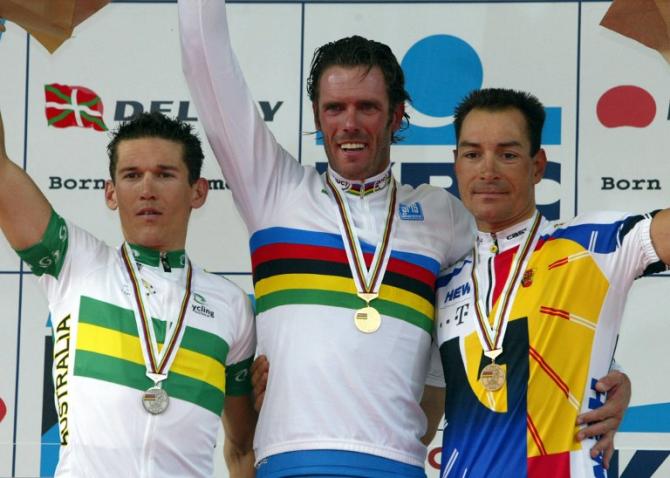
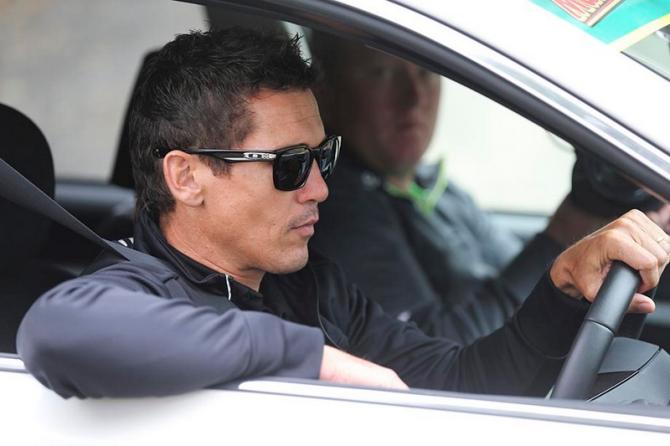
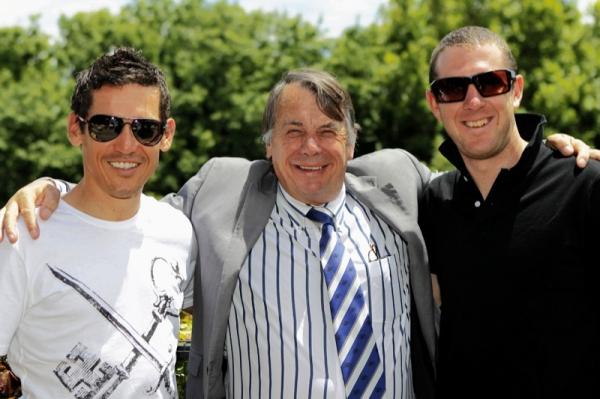
As Michal Kwiatkowski celebrated his men’s elite world road race championship victory at Ponferrada in Spain, Robbie McEwen was watching back in Australia.
McEwen was torn between his lament for Simon Gerrans missing out on the gold medal and satisfaction for having seen a former teammate live up to his potential.
McEwen, 42 and who has experienced the disappointment of placing second in 2002 to Italian Mario Cipollini at Zolder, Belgium, believes Kwiatkowski was unbeatable after he made his solo attack with seven kilometres to go.
He even believes that no matter how Gerrans’ group may have collaborated with Belgian Philippe Gilbert as he tried to reel in the Pole, they would not have succeeded.
That may be easy to say as an observer after the 254.8km race. But when McEwen thinks of Kwiatkowski, 24 and whose season had rung alerts of his potential, he reflects back to when he was a teammate on the American RadioShack team in 2011.
“We were saying, ‘This kid is special.’ He was that strong and had a great attitude.”
That attitude, says McEwen, also set the Pole apart from most neo-professionals.
Get The Leadout Newsletter
The latest race content, interviews, features, reviews and expert buying guides, direct to your inbox!
“He was a quiet unassuming guy, and had a funny and cheeky side,” McEwen said. “Also you saw he is pretty intense on himself and that’s what makes a great athlete. He puts pressure on himself. If he didn’t get it quite right he was pissed at himself. He had the attitude, ’I might be a neo-pro, but I’m not here to learn [but] to race.’”
Kwiatkowski’s class … undeniable
On Kwiatkowski’s winning ride, McEwen says: “He was just too good, too strong, too clever, too ballsy ... I have seen him do that move a couple of times. The kid is a super star. Look at his results this year. He’s been on the same trajectory as ‘Gerro’”
Which brings McEwen to the question many have asked since: whether Gerrans or anyone in the chase group could have caught Kwiatkowski had they worked together.
After the last descent, many felt the gold medal was still on offer until it was clear that only former world champion Gilbert was willing to drive the chase by the group of six – albeit to help Belgian teammate Greg Van Avermaet.
After Kwiatkowski finished one second clear, Gerrans took the silver by winning the sprint for second place from Spaniard Alejandro Valverde, who claimed the bronze.
As McEwen said: “I don’t think they were going to get him. It wouldn’t have mattered if [Frenchman] Tony Gallopin had of gone through [when Gilbert beckoned him]. You saw how much time Kwiatkowski had to sit up and cruise. He had one look, then put his hands up rolling and didn’t look back as they were closing in on him.
“There is nothing more he [Gerrans] could have done in that situation.
“If you panic and go from 400m [out] to try and catch [Kwiatkowski], basically you lead all the others out, finish out of a medal and you still may not catch him anyway.”
But the question remains … what if?
John Trevorrow, a former Australian professional and now race director of the Jayco Bay Cycling Classic series and Herald Sun Tour thought Gerrans could win, saying: “… from 10km out. Even with 500m to go, I still thought he was going to win it.”
But he still wonders ‘what if’, had Gerrans’ group worked together earlier, saying: “In hindsight, if they all did one turn in for Gilbert - him and Valverde - they would have got there … they would. But they thought Gilbert would get them close enough.”
But Trevorrow knows talent, and lauds Kwiatkowski for how he won, saying: “He was brilliant … a worthy world champion. … He made the right move. He got down the descent as quick as he could and then went again … they still couldn’t get him.”
Trevorrow also believes the rivalry between Gerrans and Valverde, who have gone head to head in many a tight finish in recent years, played a major role in the finale.
“He and Valverde have played this game against each other and among each other for a long time,” Trevorrow said. “It cost [Gerrans]. It happens, but he only just beat them in the sprint [for silver.] So if he had spent something [chasing] … he needed them [Valverde and Gallopin] to do it … You needed them both to do a turn for Gilbert.”
But like McEwen, Trevorrow can’t help but tilt his lid to Kwiatkowski for his win.
“It was a world champion’s move,” Trevorow says of Kwiatkowski’s winning attack. “The right man won. He deserves that world championship. If they had of caught him and ‘Gerro’ won, it would’ve been wonderful; but it would have been gut wrenching for Michal as well, because that solo attack by him was a world champion’s move.”
*Rupert Guinness is a sports writer for The Sydney Morning Herald (Fairfax Media).
Rupert Guinness first wrote on cycling at the 1984 Victorian road titles in Australia from the finish line on a blustery and cold hilltop with a few dozen supporters. But since 1987, he has covered 26 Tours de France, as well as numerous editions of the Giro d'Italia, Vuelta a Espana, classics, world track and road titles and other races around the world, plus four Olympic Games (1992, 2000, 2008, 2012). He lived in Belgium and France from 1987 to 1995 writing for Winning Magazine and VeloNews, but now lives in Sydney as a sports writer for The Sydney Morning Herald (Fairfax Media) and contributor to Cyclingnews and select publications.
An author of 13 books, most of them on cycling, he can be seen in a Hawaiian shirt enjoying a drop of French rosé between competing in Ironman triathlons.